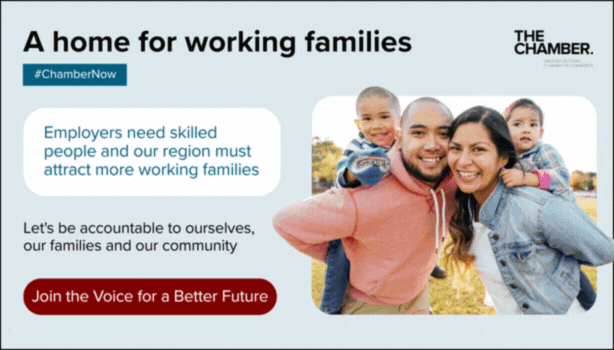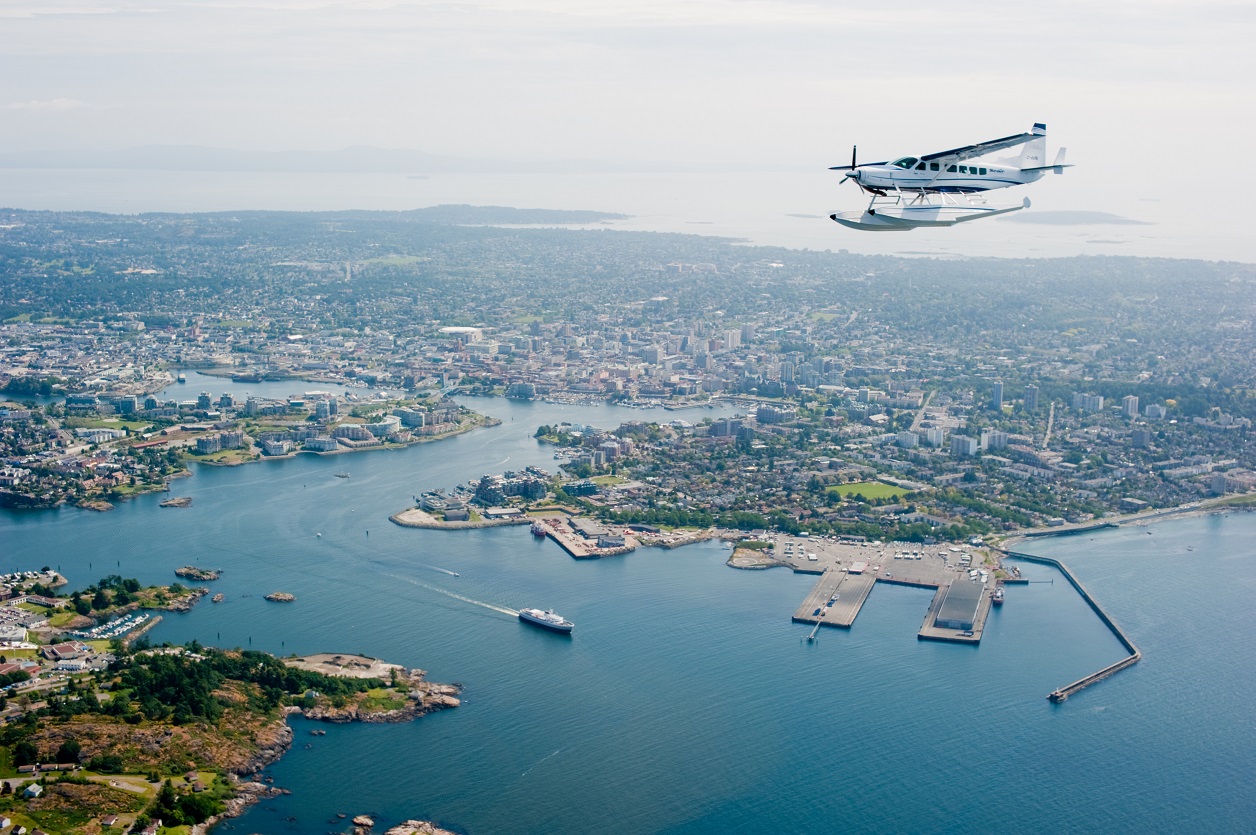Chamber’s new advocacy focused on urgent action
You might have noticed some changes to how The Chamber is using our position as the unapologetic Voice of Business.
The series of messages, shown below, will start appearing more on Chamber social channels and in other media. The focus is on action. Businesses have had too many years of uncertainty caused by societal shifts and the growing burden of red tape. Our members and our Board of Directors have been clear that we need to speak up and call for change.
Our first focus is downtown Victoria and other central areas being devastated by a permissive attitude toward disorder and crime. People need to feel safe. That means all levels of government need to do their part — and do it with urgency.
We know what’s needed: consistent police and bylaw presence and enforcement, immediate options for people needing mental health and addiction care and changes to a legal system that currently allows repeat offenders to harm our communities.
Our other current priorities are more responsible spending by governments, and reduction in regulatory roadblocks that make building homes and providing services for families too expensive.



























